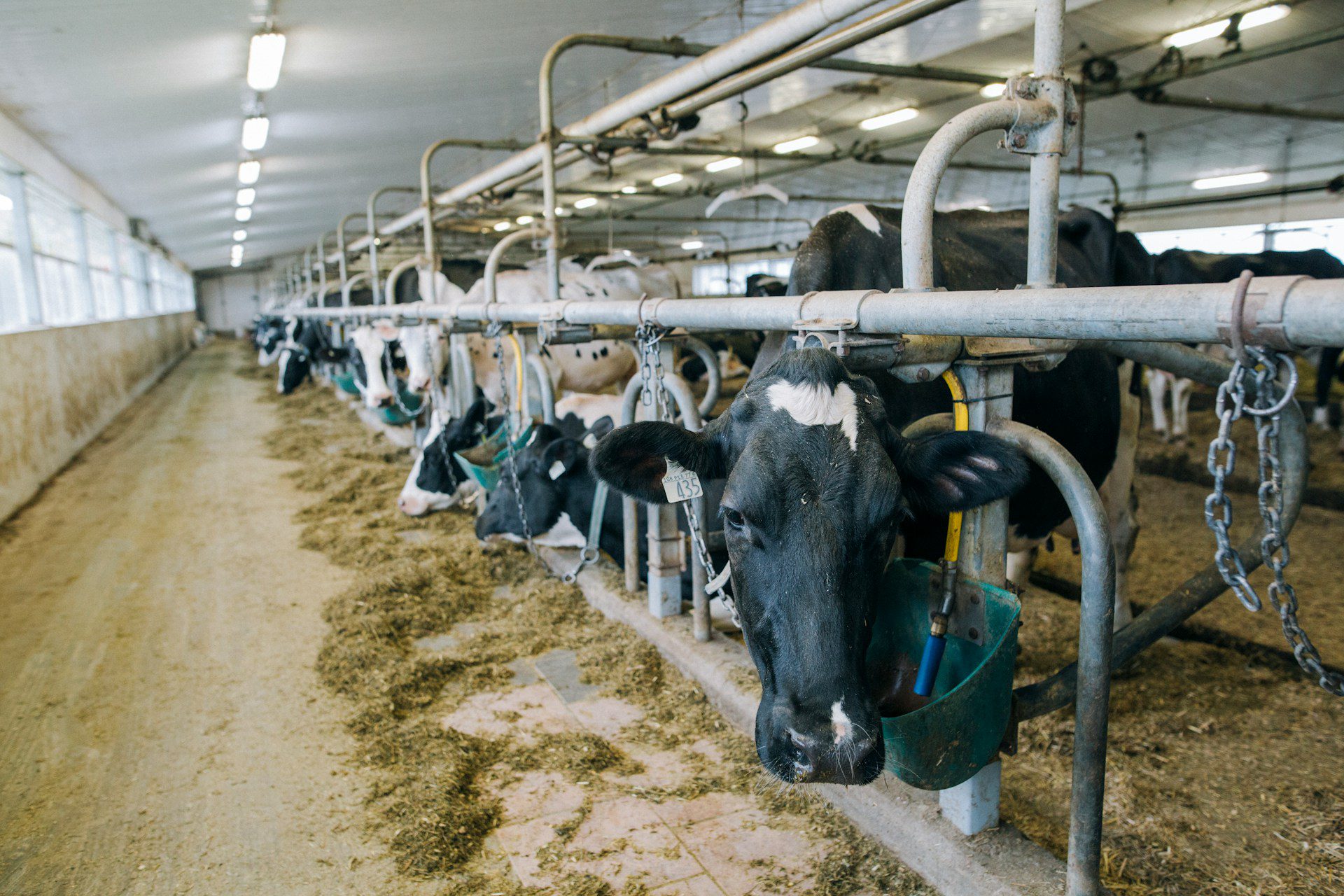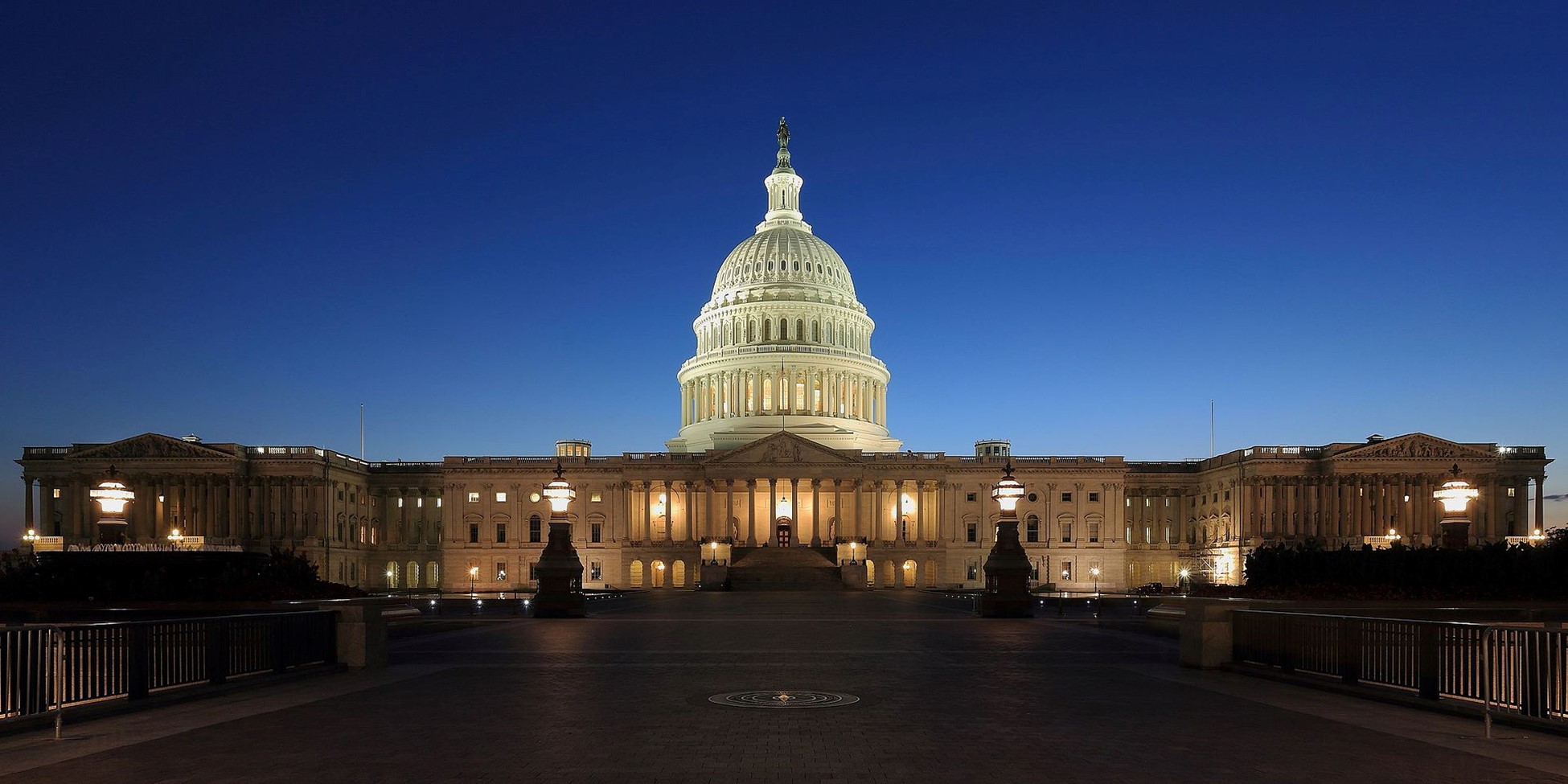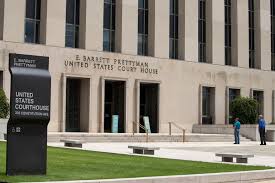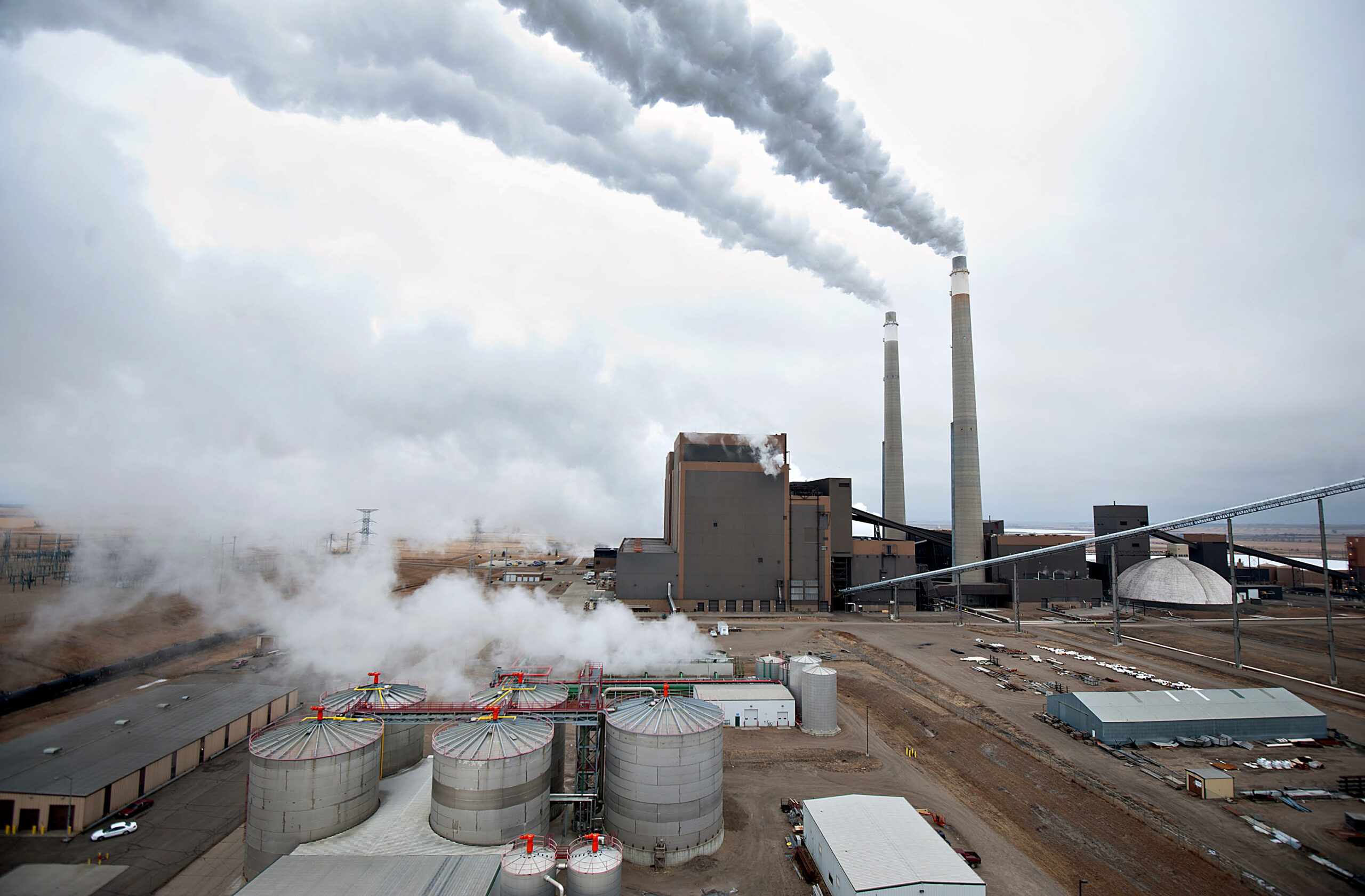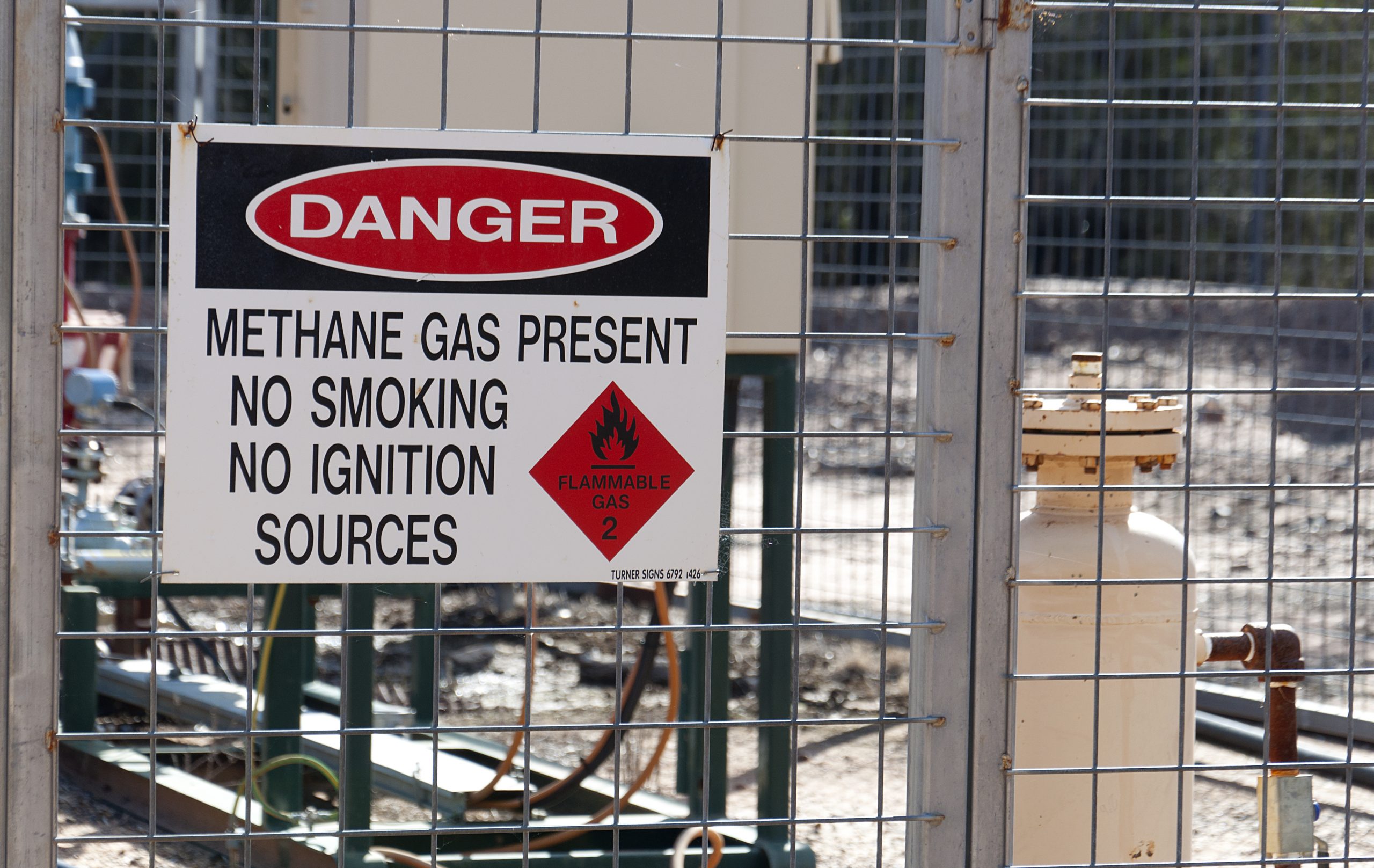greenhouse gases
The Animal Agriculture Industry Undermines Climate Action
Guest Contributor Alexander Wood, a UCLA Law student, writes that lessons learned from Big Oil can be applied to animal agriculture.
The case for decarbonization to address climate change is often, understandably, directed toward the fossil fuel industry. Public opinion toward the oil and gas industry has shifted in recent years, driven in part by public protests and litigation. Why hasn’t there been more movement against greenhouse gas emissions caused by animal agriculture? Emissions from Animal …
Continue reading “The Animal Agriculture Industry Undermines Climate Action”
CONTINUE READINGDissecting the Attacks on the Endangerment Finding
EPA has identified four different arguments against the endangerment finding. None have merit.
In late 2009, EPA made a formal finding — often called the Endangerment Finding —that greenhouse gases may endanger human health and welfare. Undaunted by the overwhelming scientific evidence in favor of that finding, the Trump EPA plans to reconsider that finding. Few independent observers believe EPA will succeed, but the issue is important enough to warrant a close look. Here’s a deep dive.
CONTINUE READINGYes, Virginia, There ARE Federal Climate Laws.
Contrary to myth, Congress has actually passed laws relating directly to climate change.
It’s a common misconception that Congress has never passed any climate change legislation. But Congresshas passed at least laws regulating two powerful greenhouse gases, as well as a series of other laws stretching back almost forty years. The story begins under President Nixon and extends into the Biden years with the multi-billion dollar Inflation Reduction Act.
CONTINUE READINGReading the Tea Leaves: Biden’s and California’s Vehicle Regs at the D.C. Circuit
A leading environmental lawyer gives his perspective.
Transportation is now the source of 28% of U.S. greenhouse gas emissions, more than the electric power sector. The transportation sector is also a substantial source of nitrogen oxides and particulates, both of which are dangerous to human health. The Biden Administration has taken important regulatory actions bearing on these problems, with others in the …
Continue reading “Reading the Tea Leaves: Biden’s and California’s Vehicle Regs at the D.C. Circuit”
CONTINUE READINGThe Utility Response to EPA’s Climate Rules
The power industry apparently shares some progressive doubts about CCS and hydrogen
There are three big takeaways from the utility industry’s comments on EPA’s proposed new climate rules. First, the industry seems to share progressive concerns about whether we can count on hydrogen and CCS (carbon capture and sequestration). Second, the industry doesn’t invoke the major question doctrine, making it clear that it does not view such …
Continue reading “The Utility Response to EPA’s Climate Rules”
CONTINUE READINGA Taste of Things to Come
Welcome to 2023. It’s going to be a wild ride.
In the past week, we’ve gotten a glimpse of what the next two years will look like. On the one hand, chaos in Congress. On the other hand, quiet progress toward environmental goals by the Biden Administration. Both trends are likely to continue throughout this Congress and the second half of the presidential term. The …
Continue reading “A Taste of Things to Come”
CONTINUE READINGWhy I Was Wrong About Methane
I didn’t think cutting methane was a high priority. Now I do. Here’s why.
I didn’t use to think that eliminating methane emissions should be a priority. True, methane is a potent greenhouse gas. But it’s also a short-lived one, which only stays in the atmosphere for twenty years or so. In contrast, CO2 emissions cause warming for 2-3 centuries or more. So methane emissions seemed to be something …
Continue reading “Why I Was Wrong About Methane”
CONTINUE READINGHitching a Ride on the Omnibus
In a holiday gift from Congress, environmental gains arrive in an overstuffed spending bill.
The massive omnibus bill that just passed Congress contains a bevy of environment friendly provisions. Despite some last-minute tweeted complaints from Trump about the bill, those provisions are likely to make their way into law. Given that the Senate and the White House are in Republican hands, it’s a wonder when such provisions sneak through …
Continue reading “Hitching a Ride on the Omnibus”
CONTINUE READINGU.S. Supreme Court Declines to Revive Challenge to Oregon Clean Fuels Program
Legal Challenges to Oregon & California Vehicle Fuel Carbon-Intensity Standards Close to the End of the Line, Clearing Path Forward to Transformative Reductions in Greenhouse Gas Emissions from Transportation Sector
In this post, we continue our discussion of California’s Low-Carbon Fuel Standard (LCFS), which we introduced in our post on October 4, 2018. This is third in that series. This past Monday, the U.S. Supreme Court denied review of a federal appeals court decision upholding the legality of Oregon’s Clean Fuels Program. That decision finally frees …
Continue reading “U.S. Supreme Court Declines to Revive Challenge to Oregon Clean Fuels Program”
CONTINUE READINGMajor Policy Attacks on California’s Low Carbon Fuel Standard and Why They’re Off-Target
Second in a Series About California’s Low Carbon Fuel Standard Program
[Post co-authored by Ted Parson and Sean Hecht] In this post, we continue our discussion of California’s Low-Carbon Fuel Standard (LCFS), which we introduced in our post on October 4, 2018. Because it’s a prominent and ambitious policy that will reduce California’s reliance on petroleum-based transport fuels, it is unsurprising the Low-Carbon Fuel Standard has …
CONTINUE READING



